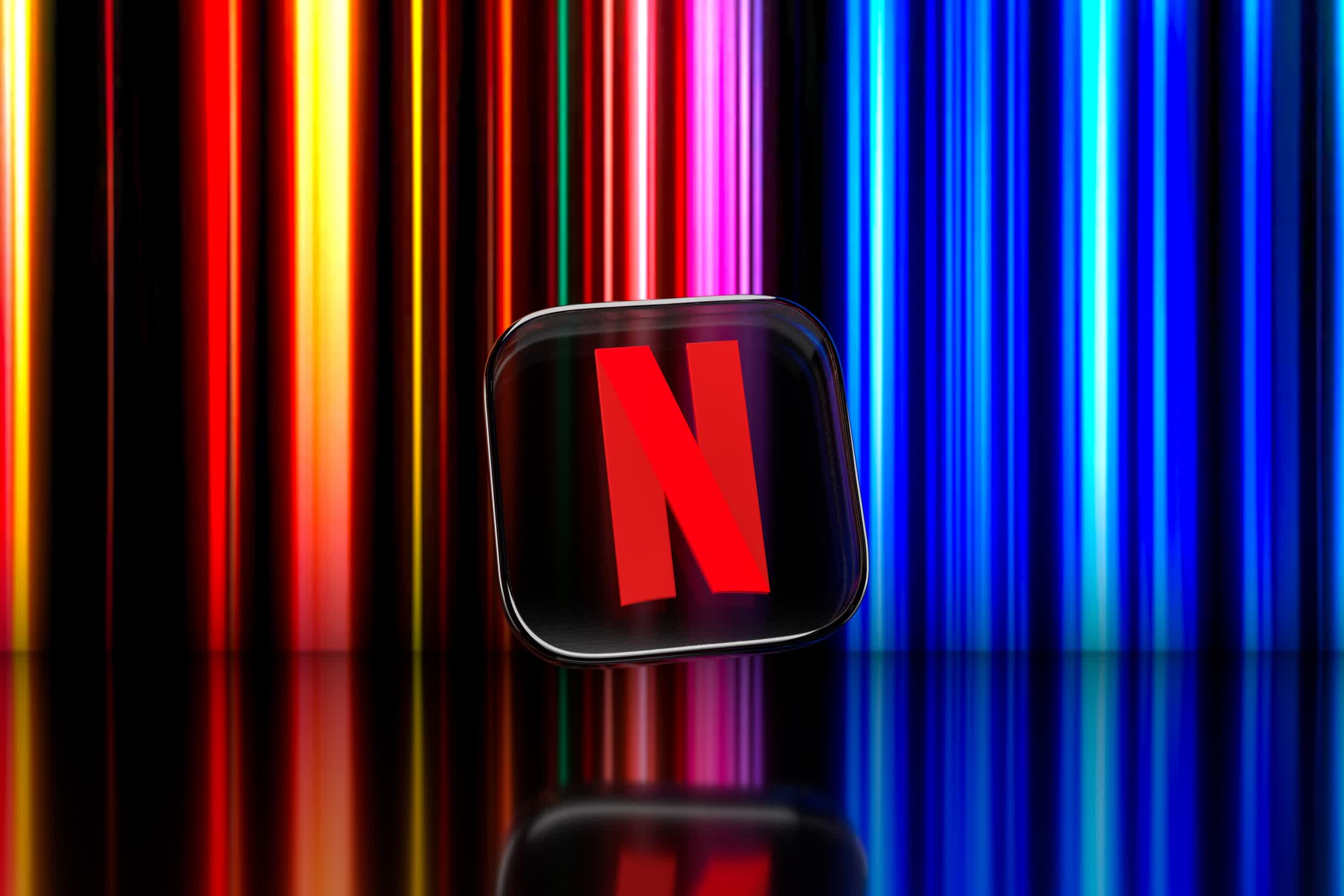In brief: Share value in Netflix plummeted after the streaming video giant shared its fourth quarter earnings report Thursday afternoon. As of writing, shares are down 24.87 percent and if it holds until markets close, Netflix could see its worst day in nearly a decade.

Netflix finished the quarter with 222 million paying subscribers, adding 8.3 million members during the last three months of 2021. Revenue for the quarter was $7.7 billion, up 16.0 percent compared to the same period a year earlier.
What hurt Netflix the most, and why its stock is sliding in morning trading, is slowing growth.
For the full year 2021, Netflix added 18 million subscribers compared to 37 million in 2020. For Q1 2022, the company expects to add 2.5 million additional subscribers – far less than the four million it welcomed in the year-ago quarter.

Netflix said its guidance reflects a more back-weighted content slate in Q1 2022. Netflix also acknowledged that competition has intensified over the last 24 months as several entertainment companies have since developed their own streaming offerings.
Just last week, Netflix increased prices across the board in the US and other regions and said it would use the extra money to continue to finance the production of high quality streaming content. The standard tier, which lets you watch on two screens and includes HD content, now commands $15.49 per month, an increase of $1.50 over the previous price.
Netflix closed at $508.25 on Thursday and is currently trading for $386.48.
Image credit: Dima Solomin
https://www.techspot.com/news/93082-netflix-loses-quarter-value-slowing-subscriber-growth.html